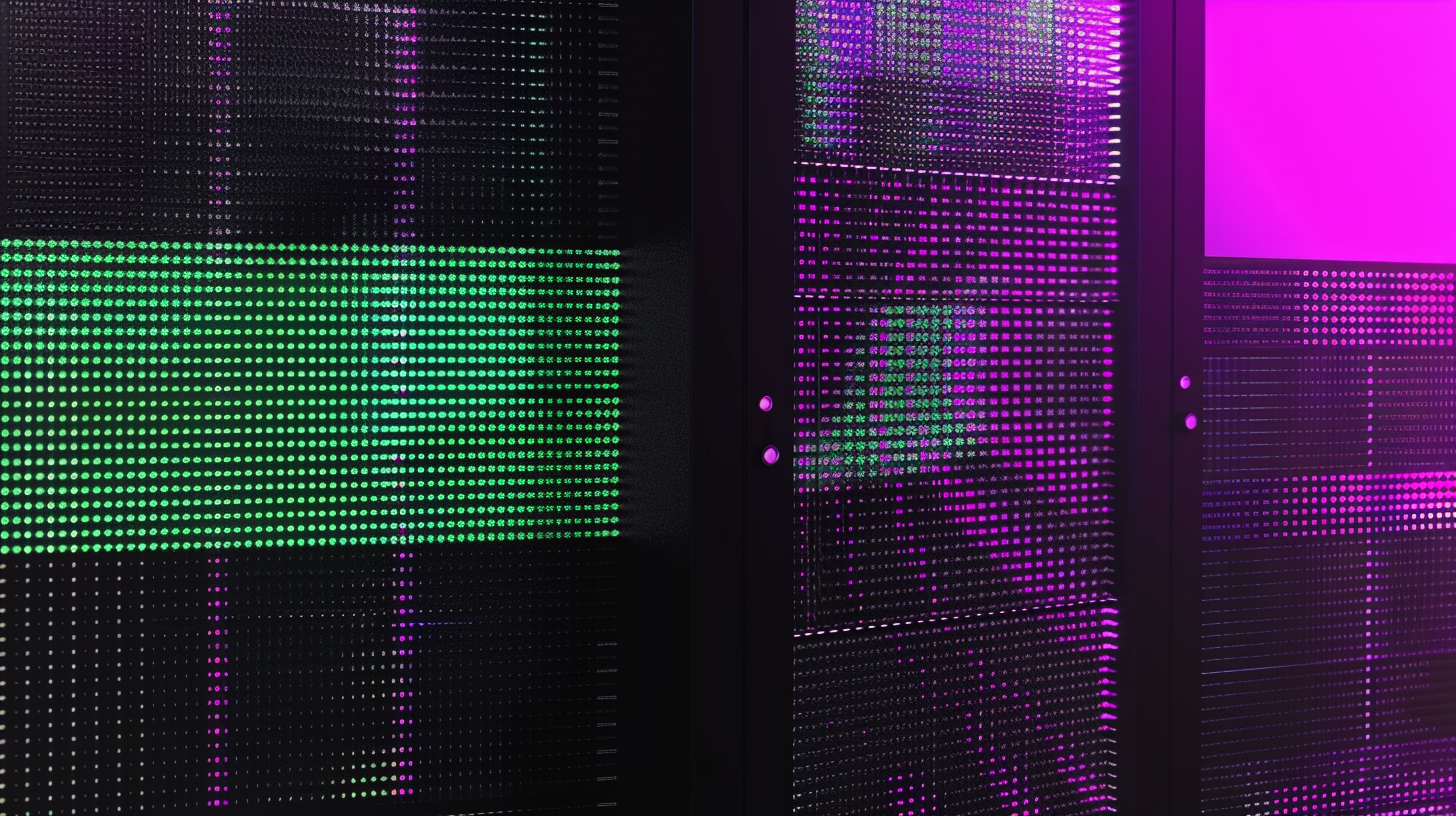Uber to Take on Waymo in San Francisco With Lucid, Nuro Robotaxis
PositiveArtificial Intelligence

Uber is set to launch driverless rides in San Francisco using vehicles from Lucid and Nuro next year, marking a significant step in the competition with Waymo's established robotaxi service. This move not only showcases Uber's commitment to innovation in the transportation sector but also highlights the growing trend of autonomous vehicles in urban areas, which could reshape how we think about mobility.
— Curated by the World Pulse Now AI Editorial System



